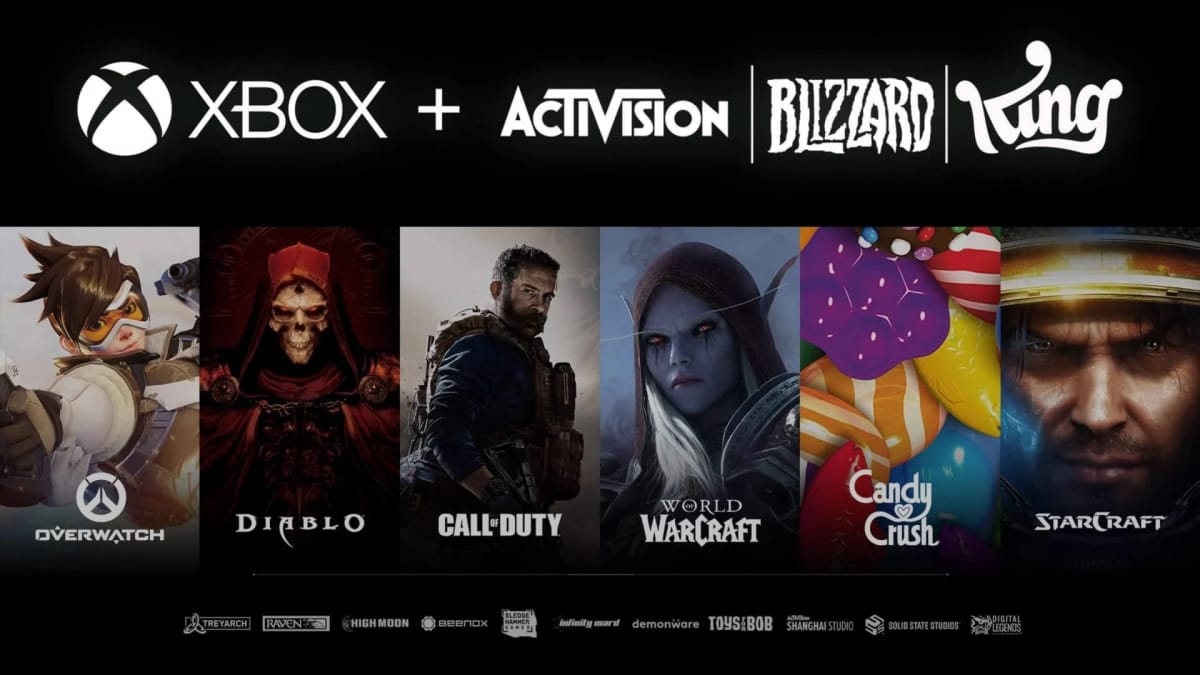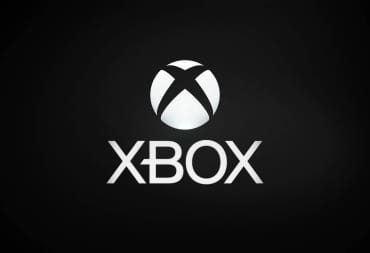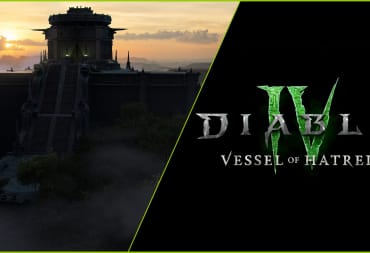Today the European Commission announced that it has cleared the acquisition of Activision Blizzard by Microsoft.
The announcement comes after a lengthy investigation that lasted several months, and its findings are quite interesting, especially considering that it found that competition wouldn't be particularly harmed even if it didn't get Activision Blizzard's games at all.
The commission found that Microsoft would not be able to harm competing consoles and rival subscription services, but on the other hand, it could harm rival cloud streaming services.
- Microsoft would have no incentive to refuse to distribute Activision's games to Sony, which is the leading distributor of console games worldwide, including in the European Economic Area (‘EEA') where there are four Sony PlayStation consoles for every Microsoft Xbox console bought by gamers. Indeed, Microsoft would have strong incentives to continue distributing Activision's games via a device as popular as Sony's PlayStation.
- Even if Microsoft did decide to withdraw Activision's games from the PlayStation, this would not significantly harm competition in the consoles market. Even if Call of Duty is largely played on console, it is less popular in the EEA than in other regions of the world, and is less popular in the EEA within its genre compared to other markets. Therefore, even without being able to offer this specific game, Sony could leverage its size, extensive games catalogue and market position to fend off any attempt to weaken its competitive position.
- Even without this transaction, Activision would not have made its games available for multi-game subscription services, as this would cannibalize sales of individual games. Therefore, the situation for third-party providers of multi-game subscription services would not change after the acquisition of Activision by Microsoft.
- The acquisition would harm competition in the distribution of PC and console games via cloud game streaming services, an innovative market segment that could transform the way many gamers play video games. Despite its potential, cloud game streaming is very limited today. The Commission found that the popularity of Activision's games could promote its growth. Instead, if Microsoft made Activision's games exclusive to its own cloud game streaming service, Game Pass Ultimate, and withheld them from rival cloud game streaming providers, it would reduce competition in the distribution of games via cloud game streaming.
- If Microsoft made Activision's games exclusive to its own cloud game streaming service, Microsoft could also strengthen the position of Windows in the market for PC operating systems. This could be the case, should Microsoft hinder or degrade the streaming of Activision's games on PCs using operating systems other than Windows.
In order to remedy the possibility of harm to rival game services, the following remedies have been negotiated for a period of ten years.
- A free license to consumers in the EEA that would allow them to stream, via any cloud game streaming services of their choice, all current and future Activision Blizzard PC and console games for which they have a license.
- A corresponding free license to cloud game streaming service providers to allow EEA-based gamers to stream any Activision Blizzard's PC and console games.
Not only do these commitments by Microsoft fully address the European Commission's concerns, but they are said to "represent a significant improvement for cloud game streaming compared to the current situation" as it will boost the development of cloud technology in Europe.
We also get a statement from Margrethe Vestager, Executive Vice-President in charge of competition policy.
"Video games attract billions of users all over the world. In such a fast-growing and dynamic industry, it is crucial to protect competition and innovation. Our decision represents an important step in this direction, by bringing Activision’s popular games to many more devices and consumers than before thanks to cloud game streaming. The commitments offered by Microsoft will enable for the first time the streaming of such games in any cloud game streaming services, enhancing competition and opportunities for growth."
This doesn't mean that now the acquisition can go ahead, as significant hurdles remains, but for now, the British CMA is isolated in its ruling against the deal, with the American FTC matching its opposition, but having to go through legal process to actually be able to block it.
On the other hand, several national antitrust authorities have already approved the deal. We'll have to wait and see how things progress with Microsoft having vowed to appeal against the CMA's decision and with the lawsuits going on in the United States,







